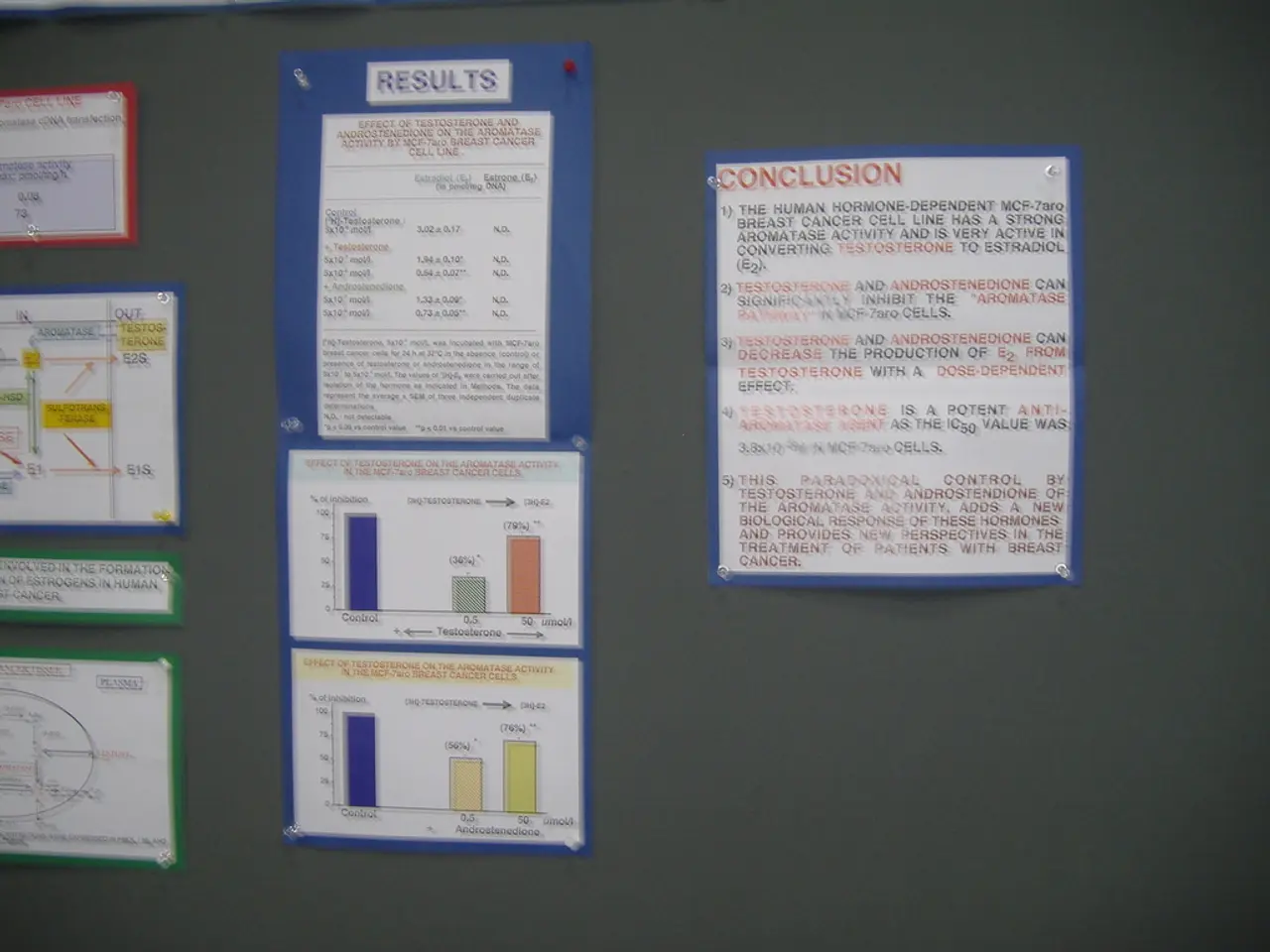Reviewing Pandemic Strategy Post-Corona Outbreak in Brandenburg - Revised Corona Pandemic Plan by Brandenburg Administrative District
In the aftermath of the Corona pandemic, the state of Brandenburg is set to revise its pandemic strategy, aiming to strengthen its health system and prepare for future crises. This move is part of broader federal and state efforts to bolster Germany's pandemic preparedness.
The initial response to the pandemic saw the closure of schools, shops, and restaurants, as well as the implementation of curfews and a mask requirement in Brandenburg. The state procured and distributed over 1,100 pallets of protective equipment from autumn 2020 to July 2023. These measures, often decisions of the conference of ministers or the health ministries, were controversial and sparked protests.
The Brandenburg health ministry defends these rules, citing initially high infection numbers and lack of immunity as justification. The outgoing head of the public health service in the state capital Potsdam, Kristina Böhm, considers better preparation necessary for future crises. She emphasizes the importance of being prepared, having materials on hand, and practicing for future crises.
Böhm suggests a comprehensive approach that includes civil protection, disaster protection, and infection protection. She advocates for a more integrated, equitable, and crisis-resilient health system, aligning with broader recommendations for Germany. These recommendations include improving public health strategies that account for vulnerable populations, addressing inequalities and discrimination in healthcare access, and enhancing coordination across different levels of care.
At the federal level, there is a plan to construct a hospital with the Bundeswehr in Berlin with 1000 beds specifically for COVID-19 patients, reflecting a move towards increasing surge capacity. The German government and scientific advisory bodies such as the Robert Koch Institute and the German National Academy of Sciences Leopoldina have developed prioritized vaccination strategies and collaborated on pandemic response measures.
In June 2025, the governing coalition in Germany agreed to establish an Enquiry Commission to review pandemic measures, indicating an institutional effort toward reappraising and learning from the COVID-19 crisis to improve future preparedness.
Concerning structural health system adaptations in Brandenburg specifically, there is a trend toward centralizing complex surgical care in specialized centers. However, this centralization comes with concerns over potential overload, patient waiting times, and coordination challenges, pointing to a need for improved networking and interdisciplinary discourse between specialized and regional centers.
An inquiry commission is working to make the Brandenburg health system more crisis-proof and recommend minimizing state interventions in freedoms. Ulrich Widders, the head of the infectious disease protection department in the health ministry, states that it is the state's task to protect the population's health as best as possible, and then action must be taken. The revised plan will be adapted to new circumstances once the results of the national pandemic plan are available at the federal level.
[1] Source: Federal Ministry of Health, Robert Koch Institute, German National Academy of Sciences Leopoldina [2] Source: Brandenburg Medical Association [3] Source: Brandenburg State Government [4] Source: German Medical Association, World Health Organization
- The revised pandemic strategy in Brandenburg will not only focus on strengthening the health system but also aim to update community policy, ensuring a more integrated, equitable, and crisis-resilient health system.
- As a part of broader federal efforts, the German government, in collaboration with scientific advisory bodies like the Robert Koch Institute and the German National Academy of Sciences Leopoldina, has developed prioritized vaccination strategies and collaborated on pandemic response measures.
- The emerging policy plans in Brandenburg also address general news issues, as an inquiry commission is working to make the Brandenburg health system more crisis-proof and recommend minimizing state interventions in freedoms, aligning with broader recommendations for Germany that emphasize addressing inequalities and discrimination in healthcare access.




